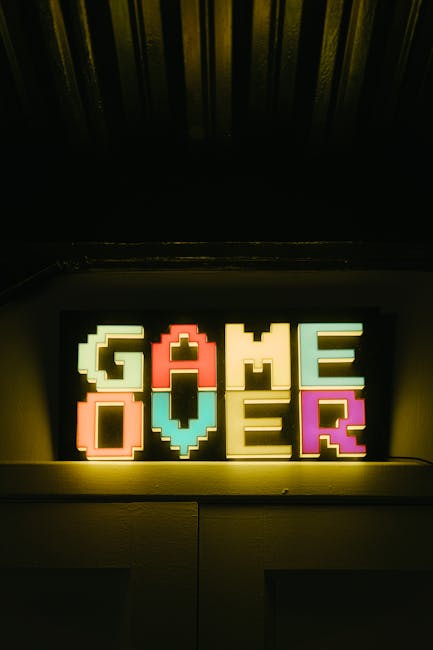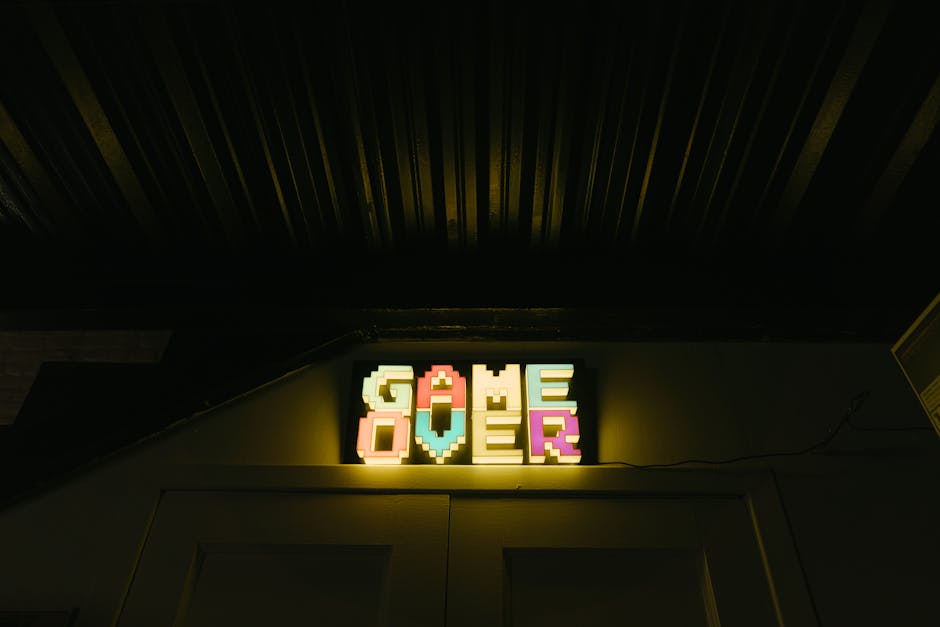Final Reckoning: Exploring the Concept Across Literature, Mythology, and Life
The phrase “final reckoning” evokes a powerful image: a moment of ultimate judgment, a settling of accounts, a culmination of actions leading to consequences. This concept, steeped in both religious and secular contexts, permeates literature, mythology, and our everyday understanding of cause and effect. This exploration delves into the multifaceted nature of the final reckoning, examining its interpretations across various cultures and disciplines, and considering its relevance to our own lives.
The Final Reckoning in Religious and Mythological Contexts
Many religions incorporate the idea of a final reckoning, a day of judgment where individuals face divine assessment of their earthly deeds. In Christianity, the concept of the Last Judgment, where souls are judged and separated into heaven or hell, is central to the faith. Similarly, Islam features the Day of Judgment (Yawm al-Qiyāmah), where Allah assesses the actions of every human. These beliefs shape ethical frameworks and offer a powerful incentive for righteous living.
Mythologies worldwide also present tales of final reckonings. The Norse Ragnarök, a cataclysmic event leading to the destruction and rebirth of the cosmos, involves a final battle between the gods and giants. This apocalyptic scenario serves as a reminder of the cyclical nature of existence and the inevitable confrontation with fate. Ancient Greek myths frequently feature characters facing their ultimate fates, often involving a confrontation with the gods or a reckoning with their own hubris.
Variations in the Concept of Judgment
While the broad theme of a final reckoning is prevalent, the specifics vary significantly. Some faiths emphasize divine mercy and forgiveness, while others focus on strict retribution. The criteria for judgment also differ, with some prioritizing faith, others deeds, and still others a combination of both. This diversity highlights the rich tapestry of human understanding of justice and morality.

- Divine Judgment: Emphasis on a higher power’s assessment of actions.
- Karmic Retribution: The concept of reaping what one sows, with actions directly influencing future consequences.
- Secular Justice: Legal systems aiming to deliver justice and punishment for wrongdoing.
Final Reckoning in Literature
Literature provides a fertile ground for exploring the theme of final reckoning. Authors often use this concept to explore themes of morality, justice, and the consequences of actions. In many novels, the “final reckoning” doesn’t necessarily involve a literal divine judgment but rather a confrontation with the consequences of the protagonist’s choices. This can manifest as a loss of love, social ruin, or even physical death.

Shakespeare’s tragedies, for instance, are replete with characters facing their final reckonings. Macbeth’s ambition leads to his downfall, and his ultimate demise serves as a harsh retribution for his crimes. Similarly, King Lear’s hubris and flawed judgment result in immense suffering and a tragic final reckoning. These narratives remind us of the human capacity for both great good and terrible evil, and the inevitable consequences of our actions.
Examples of Final Reckonings in Literature:
- Crime and Punishment by Fyodor Dostoevsky: Raskolnikov’s moral struggle and ultimate confession represent a form of personal reckoning.
- The Scarlet Letter by Nathaniel Hawthorne: Hester Prynne’s public shame and inner turmoil constitute a protracted, self-imposed final reckoning.
- Heart of Darkness by Joseph Conrad: Marlow’s confrontation with the darkness within himself and the horrors of colonialism can be seen as a final reckoning of his own moral compass.
The Final Reckoning in Everyday Life
While the concept of a final reckoning might seem confined to religious or literary domains, it has significant relevance to our daily lives. The choices we make—both big and small—accumulate and ultimately shape our experiences. The consequences of our actions, whether immediate or long-term, can be seen as a form of personal reckoning. This can range from simple regrets over missed opportunities to the profound implications of major life decisions.

The concept of personal responsibility is intrinsically linked to the idea of a final reckoning. Understanding that our actions have consequences encourages us to act ethically and consider the impact of our choices on others. This awareness can lead to greater self-awareness and a more meaningful life.
Navigating the Path Towards a Meaningful Life
Recognizing that our actions will have consequences allows us to approach life with intentionality. This doesn’t mean living in constant fear of judgment, but rather striving to live a life aligned with our values and beliefs. This involves taking responsibility for our mistakes, learning from them, and making conscious efforts to make positive changes.
The concept of a final reckoning, regardless of its religious or secular interpretation, provides a powerful framework for self-reflection. It encourages us to consider the larger implications of our actions and strive for a life that is meaningful and fulfilling. By constantly evaluating our actions and their consequences, we can cultivate a deeper understanding of ourselves and the world around us.
The Ever-Present Shadow of the Final Reckoning
The final reckoning, whether literal or metaphorical, casts a long shadow over the human experience. It serves as both a source of anxiety and a catalyst for growth. The fear of judgment can motivate us to strive for ethical behavior, while the promise of eventual reckoning encourages us to live authentically and pursue lives aligned with our values. Ultimately, understanding and confronting this concept helps us grapple with profound questions about life, death, justice, and the enduring legacy we leave behind.
The exploration of the final reckoning is an ongoing journey, one that intersects with our deepest beliefs, hopes, and fears. By engaging with this complex concept across different cultures and disciplines, we gain a richer understanding of ourselves and the human condition.

